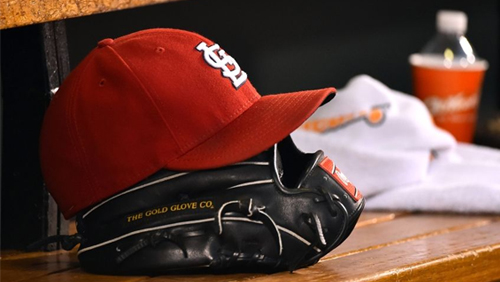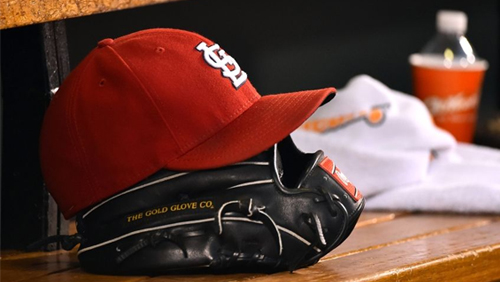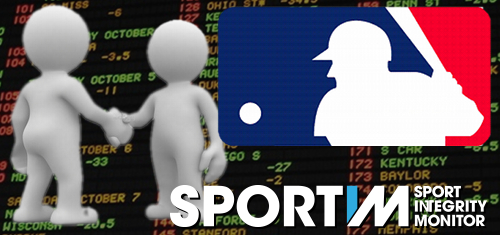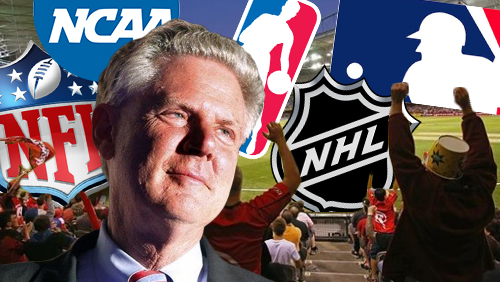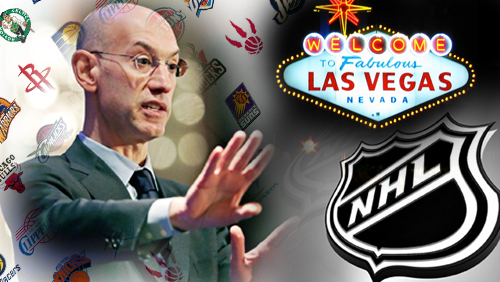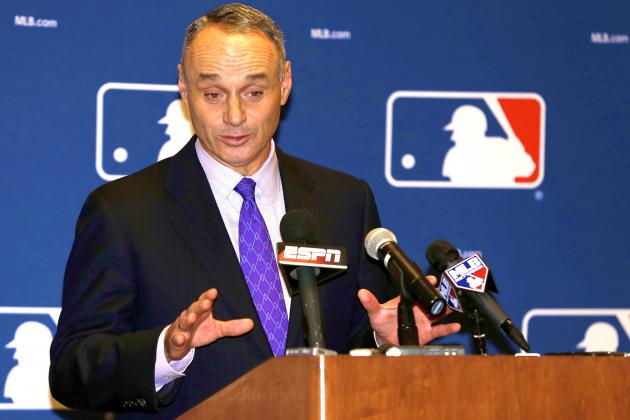By Terry Lyons @terrylyons, Contributing columnist @TheDailyPayoff
The landscape is riddled with double standards, hypocrisy, deceit and public posturing. No, we’re not calling out the politicians and law-makers, we’re talking about sports and sports gambling.
The North American sports industry has a lot of different policies on gambling. Let’s list a few.
There’s a policy for sports gambling in Nevada.
There are federal policies for Delaware, Montana and Oregon that allow for lottery-type games and parlay tickets. There was a similar policy for New Jersey, but state legislators failed to move on that loophole back in 1992 and are now trying to carve out an entire new approach for sports wagering while they continue to offer other forms of gambling and poker-play online to Jersey residents and in-the-flesh in Atlantic City.
There are policies for horse racing. There are policies for Off Track Betting parlors affiliated with horse racing.
There are policies for Native American tribal casinos.
There are different policies for many of the Canadian provinces, some of which have NBA or NHL teams and many which offer parlay wagering similar to offerings in Delaware.
There are policies for international games played, ever so frequently, in London, Mexico and other global destinations by the major North American sports leagues.
There are policies for international play where the Man United’s, Real Madrid’s and FC Barcelona’s along with the FIFA’s and FIBA’s of the world all have top-level bookmaker sponsorships with fully established and, in many cases, public companies like William Hill or BWIN.
There are policies for players.
There are policies for coaches and managers.
There are policies for front office and league personnel.
Some of those very policies drift over to the fantasy sports world where the leagues, their teams and broadcast outlets are making bold and strategic moves to cash in on the craze. The message conveyed is that it’s quite all right to take equity positions, rake in tons of sponsorship dollars, create fantasy gaming lounges and signage, but it’s hands-off for the players, coaches and office-workers.
I’m okay with that. In many cases, contest rules call for employees and their immediate families to refrain from entering the contests to allow the paying customers every possible chance of winning the big prizes without so much as a doubt that an “insider” would have access to the same jackpot.
But here is where the hypocrisy train leaves the station.
For one New York minute, don’t you think the owners, trainers, grooms and jockeys, roaming the back-stretch, have a few bucks on the races?
And, it’s not just horse racing we’re focusing on, here.
It’s perfectly acceptable for professional and amateur golfers to put down a few bucks on practice rounds or trick shots and nobody thinks twice. All in fun, and usually for stakes as low as $1 or maybe as high as $20, Phil Mickelson will have the gallery roaring with laughter on a missed “up and down,” as he did last August at the Barclays Championship in New Jersey.
While Mickelson’s antics with the fans, surely done all in fun, are no different than what takes place on nearly every weekend, on every hole of every golf course in the land, his more – shall we say – aggressive gambling on the NFL and other sports, done legally in Las Vegas, might be of more concern.
Why is Pete Rose vilified for his gambling on baseball and other sports, but Mickelson and Floyd Mayweather are beloved for their frequently boasts about a big hauls in Vegas on specific games or a successful futures bet?
Why can Maurice Jones-Drew be the voice of Fantasy Radio on Sirius XM satellite radio one day but Tony Romo and a group of NFL players were not able to attend a fantasy sports convention organized by a Vegas hotel promoter? Meanwhile, by the way, the NBA Summer League, USA Basketball training camp and the league meetings were putting up the tents at the Wynn Resort.
When basketball’s World Cup or the Olympics roll around, FIBA’s official sponsor BWIN will be taking action on the game in all corners of the earth, sans the almighty U.S.of A.Come this September 20th, BWIN will be taking wagers on the European Championship (qualifier for the 2016 Rio Summer Games) where pros and amateurs roam the courts, but should someone mention wagering on college basketball-aged players in North America and ghosts of Henry Hill will surely hunt you down and haunt your Uncle Paulie.
At least, the NBA’s progressive Commissioner Adam Silver has come out to publicly state his long-range viewpoint and his desire to properly prepare for and regulate gaming, preferably on a Federal level rather than going State-by-State or Province-by-Province (in Canada) with different laws on the books. Silver’s NBA made a strategic equity play to back DFS provider Fan Duel and many sports Venture Capital funds – some of the coffers backed by team owners in all of the sports – are lining up for strategic plays in gaming, igaming and tech.
Isn’t it time for the hypocrisy to end? Isn’t it time for the commissioners of the four major pro sports of North America to come to terms with the issue, following Silver’s giant-step lead from his self-penned article in the New York Times? Isn’t the facade of DFS gaming just the taxiway to the promised land of full-scale sports wagering worldwide?
In a truly global economy, shouldn’t the gaming laws of the United States and Canada reflect the laws of Europe, Asia, South America and Australia?
Don’t bet on it happening anytime real soon.
